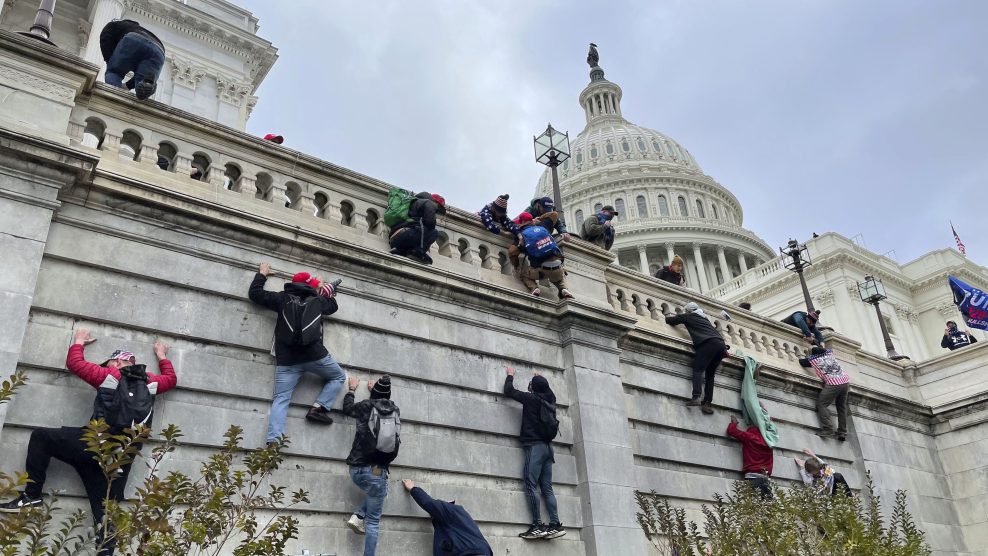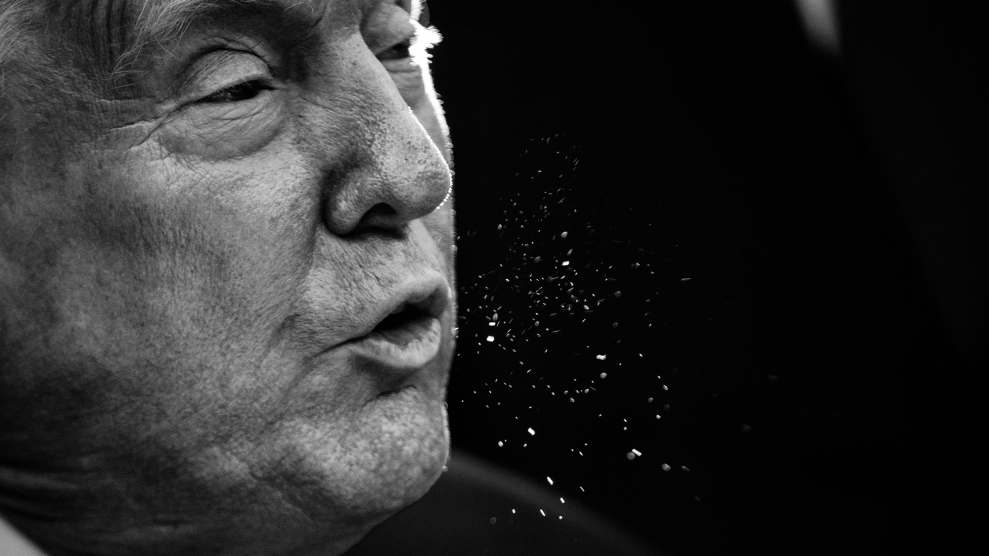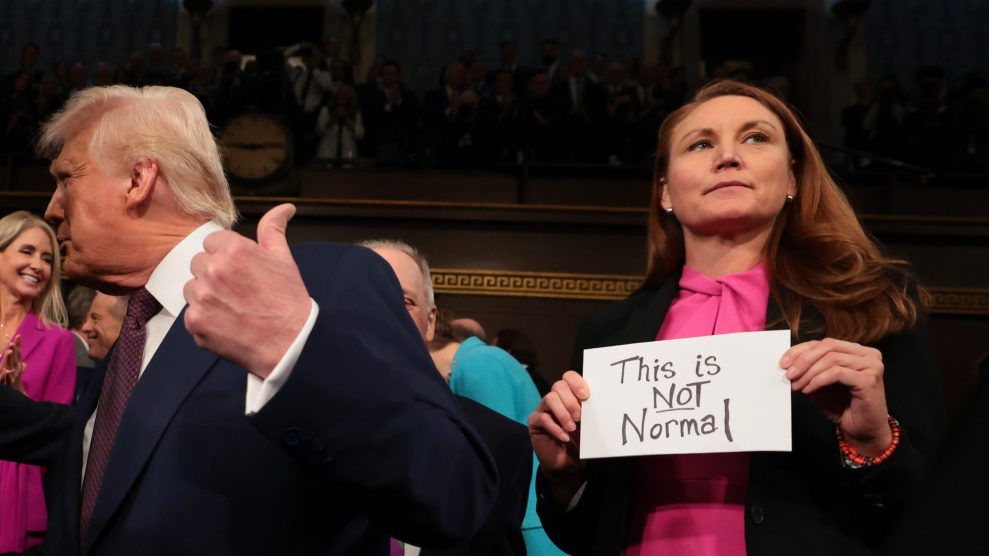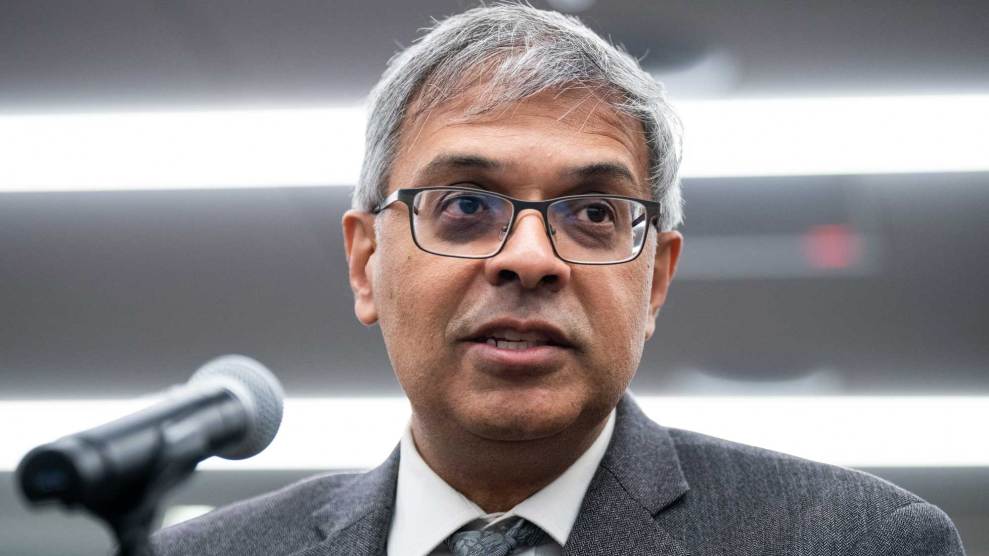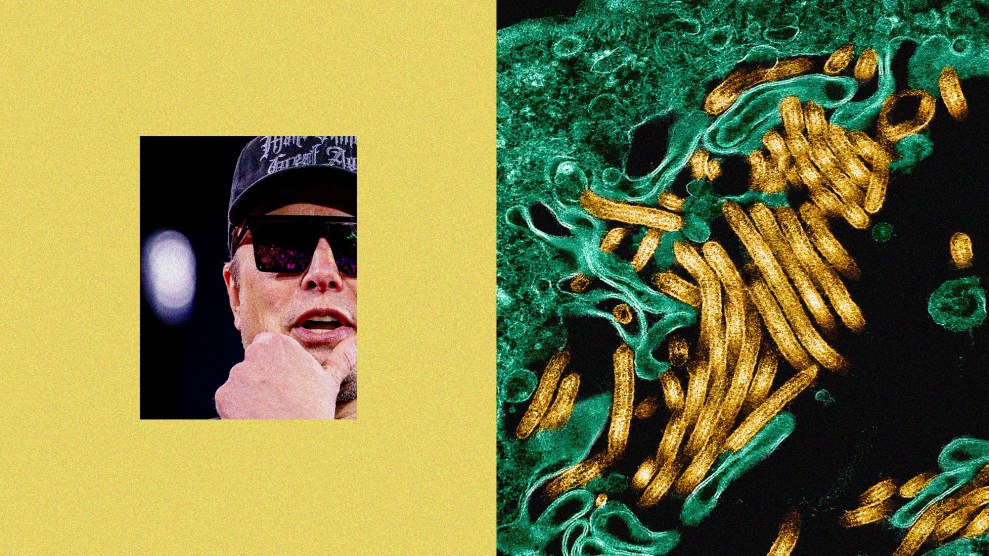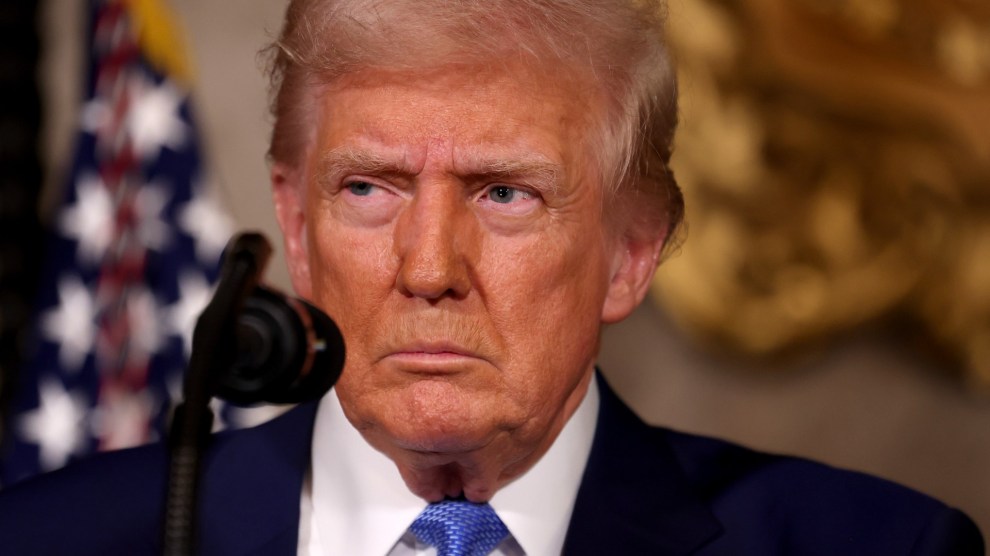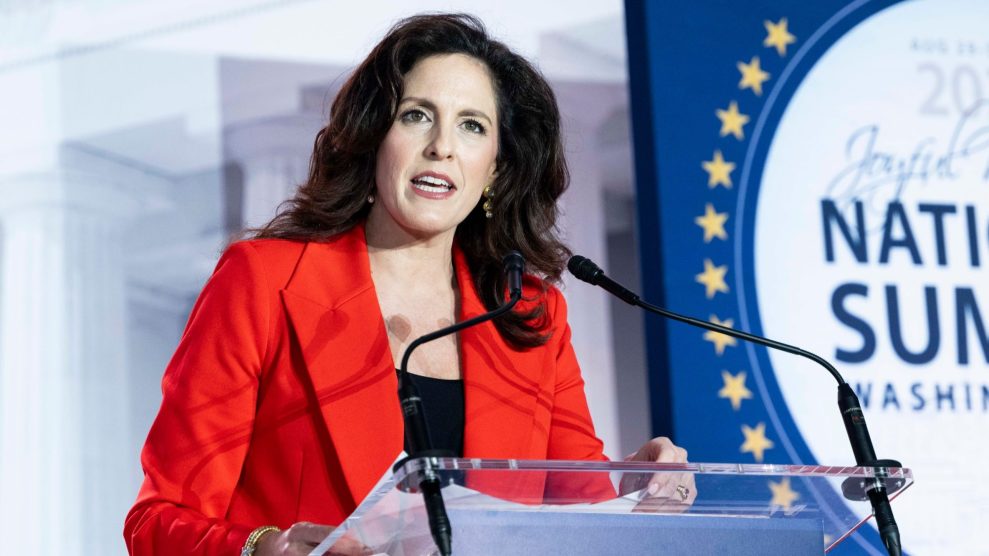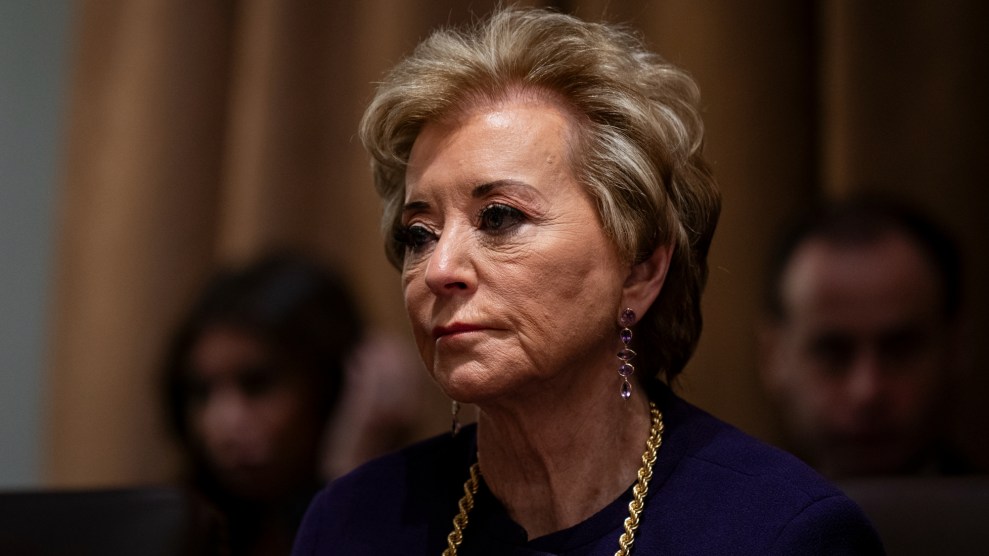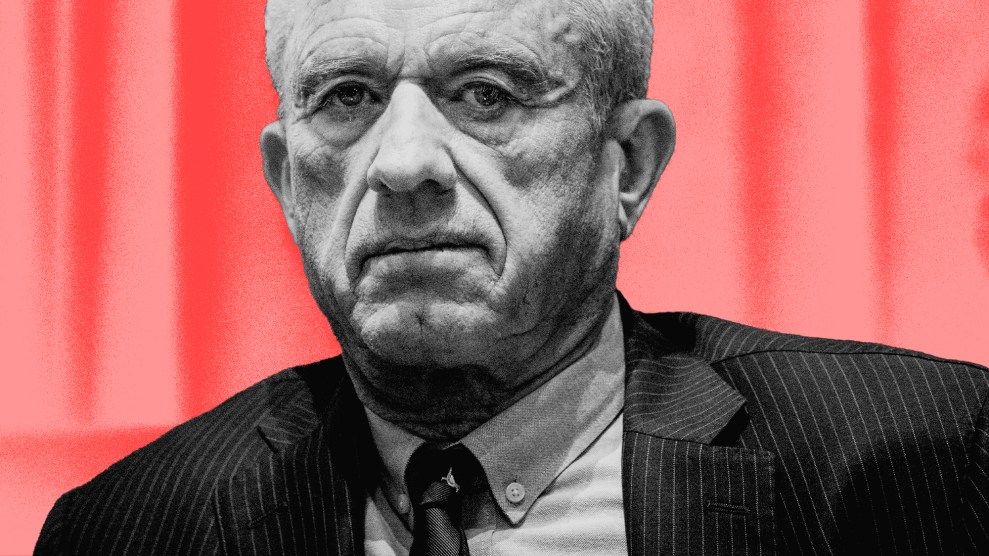Muslim voters overwhelmingly backed George Bush four years ago, to the point that some conservative commentators cited that support as a key reason Bush is sitting in the White House. But as a new poll of Muslim voters further confirms, the landscape hasradically shifted.
Tuesday’s poll, conducted by the Council on American-Islamic Relations in Washington, shows Bush running a distant third behind both John Kerry and Ralph Nader. A very distant third. Bush gets the support of only 2 percent of those surveyed, compared to 54 percent for Kerry and 26 percent for Nader.
By comparison, a CAIR study shortly after the 2000 election found 72 percent of Muslims voted for Bush, and only 8 percent for Al Gore (Nader, who is of Lebanese descent and has spoken Arabic since childhood, got 19 percent). More than half of the 1161 individuals who responded to the new poll said they voted for Bush in 2000.
But this is just the latest example of Bush’s declining popularity among a voting bloc he once dominated. In April, a Zogby poll of Arab-American voters in the four key battleground states (Florida, Ohio, Pennsylvania and Michigan) showed Bush trailing Kerry among all Arab-Americans in each states and faring even worse with Muslims. Only 10 percent of Muslims supported Bush, with both Kerry and Nader well ahead.
As Souleiman Ghali, president of the Islamic Society of San Francisco, told the San Francisco Chronicle:
People in our mosque voted overwhelmingly for Bush. I don’t know anyone who is voting for him this time.
In a Democratic-leaning state like California, that doesn’t matter as much. But, as Business Week reports:
Muslim voters are a sliver of the electorate, but their impact is multiplied because they are concentrated in swing states such as Michigan, Ohio, New Jersey, and Florida. Indeed, activists boast that some 65,000 Florida Muslim votes put Bush over the top in 2000.
It’s difficult to find a reliable estimate for the total number of Muslim voters in the U.S., as the Census does not list Islam among its religious categories, so estimates range from 2 million to 12 million. But the vast majority of Muslims register to vote and show up at the polls, making them an important support group in close races.
Take Michigan, for example. In this classic battleground, the Detroit News reports the change in the Muslim vote as a big factor in November. The News cites a poll of 1,200 Detroit-area Muslims that showed 85 percent disapproved of Bush’s performance. Back in March, the Minneapolis Star Tribune visited Dearborn, Mich., which has more Arab-Americans per capita than any other city, and found voters there angered by Bush’s actions since Sept. 11. As Mark Brewer of the Michigan Democratic Party explains:
“We’re trying to put a lot of effort into getting Muslim voters. They so totally disapprove of Bush and what he’s been doing, they’re going to make a big difference here in November.”
Bush’s low approval ratings among Muslims are understandable, given his administration’s actions, particularly the Patriot Act.
Ironically, many analysts credited Bush’s public stance against a 1996 “secret evidence” law for helping him with Islamic voters last time out. Now, as Bassam Jody of the Bridgeview Mosque Foundation told the Chicago Tribune:
“The Patriot Act has angered everybody. The secret evidence. The special registration. It doesn’t go with the democratic process.”
But it might go well for the Democratic Party.
